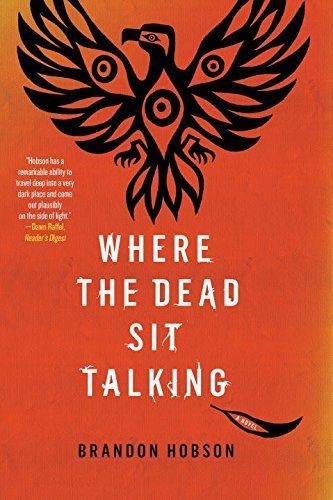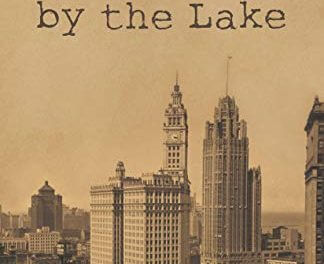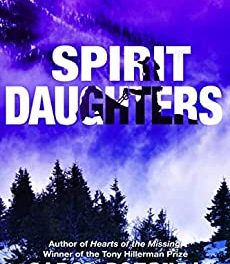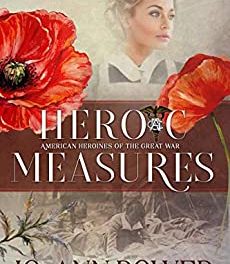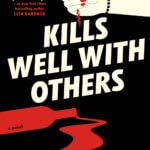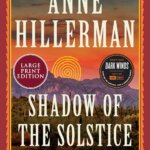Like Richard Wagamese’s novel Indian Horse, Where the Dead Sit Talking is a complex story simply told. Hobson’s prose isn’t quite as elegant as that of Wagamese but close. Both are chronicles of children growing up in the worst possible conditions, but where Indian Horse is concerned with traumas endured in Canadian Indian residential schools, Where the Dead Sit Talking tells the story of Sequoyah, a fatherless fifteen-year-old Cherokee boy thrown into the Oklahoma foster care system when his mother goes to jail.
Though Sequoyah is, to some extent, cared for, he spends most of his time alone, friendless and depressed and unattached to people or his surroundings. Initially, he seems resilient, but as the story progresses, he is shown to have what many children in similar circumstances have: an affect so flat he doesn’t react to much of anything, an inability to relate to others, to interpret his relationships with others, to recognize when he’s placed himself in danger, or to control his impulses to harm others or himself. The foster family with whom Sequoyah is placed is better than some, and the parents seem to genuinely care for the children in their care. His is a story of persistence in the face of neglect, physical and emotional trauma, and a profound loss of hope.
Both books stand as indictments to both historical and current treatment of Native Americans and the resultant poverty, and prejudice. They are told in simple, spare language that heightens the trauma these young men endured. These books should be a must-read for high schools students across the nation—though certain states would be certain to ban them. Both should be required reading in the upper grades of high school, especially in light of the residential graves discovered in Canada and the migrant crisis at the southern border of the United States where children were torn from their parents. These novels deal with difficult topics but handle them beautifully. They would be great in a critical race theory classroom. History is selective when written by the “winners,” but all sides of an issue should be taught and the plights of the “losers” shouldn’t be ignored. American and Canadian treatments of Native Americans is genocide, no less than what Hitler did to Jews and other “undesirable” races. Like Khaled Hosseini’s The Kite Runner and Wagamese’s Indian Horse, Where the Dead Sit Talking will haunt me, and I’ll think of it often in years to come.
********************
Where the Dead Sit Talking(Soho Press, February 20, 2018) is available through:
********************
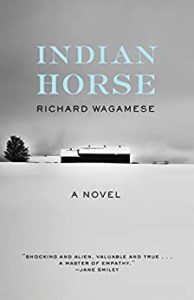
********************
This post may contain Amazon Affiliate links. As an Amazon Associate, I may earn a small amount from qualifying purchases at no cost to you.
